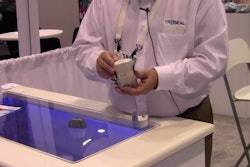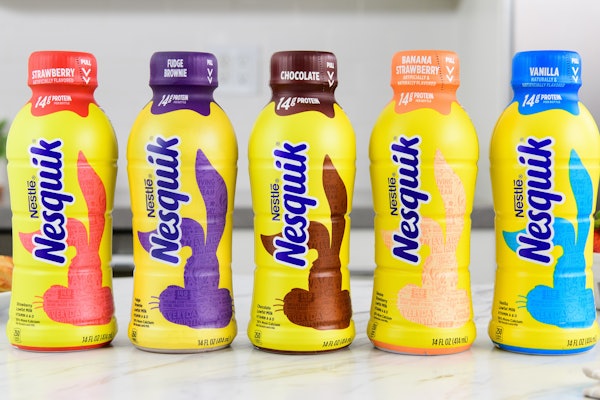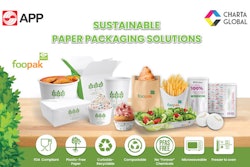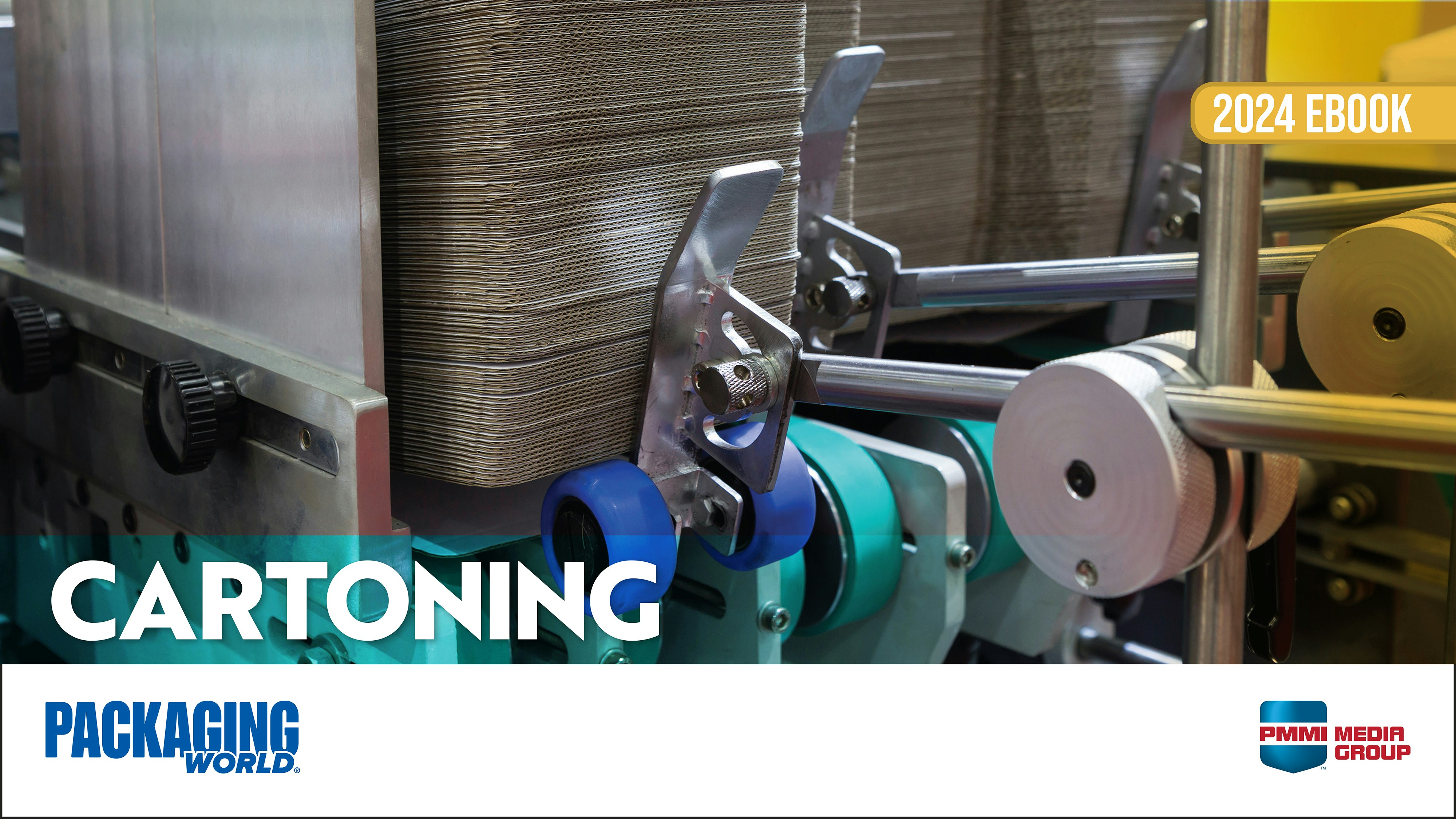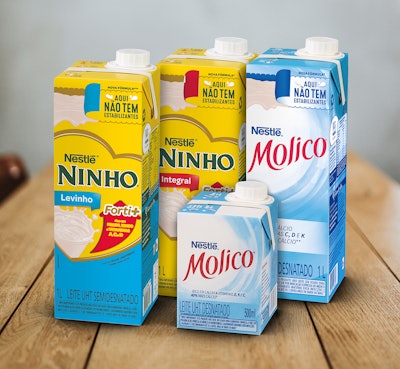
Nestlé Brazil has installed an aseptic packaging machine from SIG Combibloc that is capable of filling 500-, 750-, and 1,000-mL combiblocMidi cartons for its well-loved Molico and Ninho UHT milks.
Whereas, in the past, just a 1-L packaging format would suffice for the retail shelf, today’s consumer in Brazil is looking for packaging formats and volumes to help avoid food waste. Healthy dairy products in pack volumes of less than 1,000 mL meet the latest consumer trends for mobility, a healthy lifestyle, and individualization.
Says SIG, brand manufacturers of products that are sensitive to market fluctuations, such as milk and dairy products, have to meet the challenge of these customer trends and achieve operational efficiency in their production processes. What is needed are solutions that, in addition to flexibility, guarantee maximum efficiency and waste reduction, in order to achieve a better cost-benefit equation.
With SIG’s flexible and efficient solutions, Nestlé Brazil sees itself well equipped to meet current requirements. Its well-loved Molico and Ninho UHT milks have been packaged and marketed in 1,000-and 500-mL and 1,000-mL combiblocMidi cartons, respectively, since March 2018. For this purpose, a SIG CFA 812 filling machine with a capacity of 12,000 packs/hr is in operation at the Nestlé plant in Carazinho (RS), better known as Nestlé Sul.
The SIG CFA 812 filling machine is now running at 94% Technical Line Efficiency. Says Anselmo Nascimento, Nestlé Sul Plant Manager, “We have surpassed our average 58 to 60 hours’ production time, reaching new cycle times of 72 hours. SIG’s line has also achieved excellence in terms of our quality and standards, especially with regards to food safety, aseptic validation, excellent line efficiency of 94 percent, and an average loss of less than 0.2 percent.”
